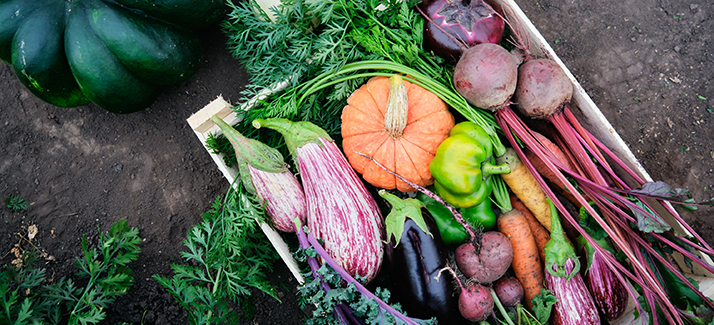Is there a Link between Vitamin B and Multiple Sclerosis?
Vitamin B1 – Thiamine
Converts food to energy aids in mental focus and brain function
nutritional yeast, coriander, pine nuts, Jerusalem artichokes, hibiscus tea, watermelon, whole grains, soymilk, soybeans, rice bran, wheat germ, sunflower seeds, macadamia nuts (or butter), tahini, sesame seeds, spirulina, green peas, most beans, asparagus
High dose thiamine improves fatigue in multiple sclerosis
Vitamin B3 – Niacin
aids in mental focus and brain function
Vitamin B9 – Folate
Merges with Vitamin B12 and Vitamin C to utilize proteins and is essential for healthy brain development
Vitamin B12, folate, and homocysteine levels and multiple sclerosis: A meta-analysis
Folic acid with or without vitamin B12 for cognition and dementia.
Vitamin B6 – pyridoxine
aids in maintaining homeostasis, prevents anxiety by helping the amino acid tryptophan convert to niacin and serotonin for healthy nerve function
Vitamin B12
Vitamin B12, demyelination, remyelination and repair in multiple sclerosis.
Article: Vitamin B12 – Other names: cobalamin, hydroxocobalamin, Cobalin-H
